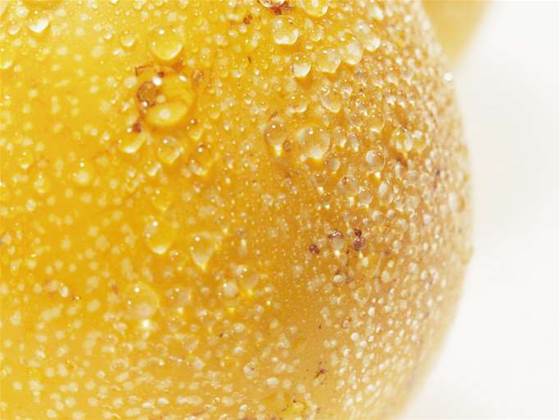
The discovery, published in the latest edition of Advanced Materials, could become widely adopted to produce next-generation switches for transistors used in RFID tags, flexible e-book screens and debit or key cards.
"This research brings us closer to developing organic semiconductors with electrical and physical properties far superior to those that exist today," said principal investigator Richard D. McCullough, professor of chemistry and dean of the Mellon College of Science. "We were surprised and amazed with our findings."
The new process involves adding a little grease in two ways. The first step involves chemically combining an inherently conducting polymer (ICP) with a grease-like chemical.
The second step involves depositing this hybrid material, called a block copolymer, onto a greased platform.
ICPs make good electrical conductors on the surface layer of a transistor that provide the switch element for a transistor to turn on and off.
But ICPs are by nature brittle. To counter this, the scientists chemically linked ICPs with grease-like elastic polymers to make block copolymers.
"These block copolymers are very promising for creating future materials, such as lightweight, thin composite films for e-book readers that you could roll up like a newspaper," said Genevieve Sauvé, a research associate who conducted the latest research under conditions similar to a commercial production setting.

_(33).jpg&h=140&w=231&c=1&s=0)
_(20).jpg&h=140&w=231&c=1&s=0)

_(28).jpg&h=140&w=231&c=1&s=0)





 iTnews Benchmark Awards 2026
iTnews Benchmark Awards 2026
 iTnews Executive Retreat - Security Leaders Edition
iTnews Executive Retreat - Security Leaders Edition
 iTnews Cloud Covered Breakfast Summit
iTnews Cloud Covered Breakfast Summit
 The 2026 iAwards
The 2026 iAwards












_(1).jpg&h=140&w=231&c=1&s=0)



